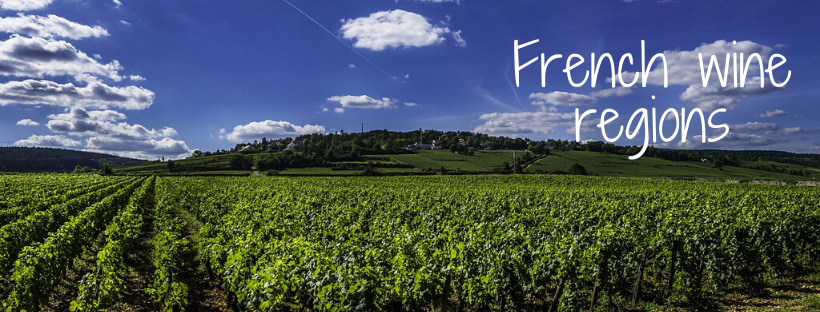France, often hailed as the birthplace of fine wine, holds a revered position in the world of viticulture. From the rolling vineyards of Bordeaux to the sun-drenched slopes of Burgundy and the picturesque hills of Champagne, each region boasts a rich tapestry of grape varieties, winemaking techniques, and centuries-old traditions. This article embarks on a journey through the diverse landscapes and storied history of French wine, exploring what makes it a perennial favorite among enthusiasts and connoisseurs alike.
A Tapestry of Terroir
One of the cornerstones of French winemaking is the concept of terroir— the unique combination of soil, climate, topography, and human intervention that gives each wine its distinctive character. In Bordeaux, the gravelly soils of the Left Bank produce robust Cabernet Sauvignon blends, while the clay and limestone of the Right Bank yield elegant Merlot-dominated wines. Burgundy, renowned for its Pinot Noir and Chardonnay, showcases the influence of its limestone soils and cool climate, producing wines that embody finesse and complexity. The Champagne region, with its chalky soils and cool temperatures, fosters the delicate bubbles and crisp acidity that define its world-famous sparkling wines.
Tradition and Craftsmanship
French winemaking is steeped in tradition, with techniques passed down through generations. From meticulous vineyard management and hand-harvesting to precise blending and aging in oak barrels, each step is carefully orchestrated to preserve the essence of the terroir and enhance the wine’s flavors. In regions like Bordeaux, winemakers adhere to strict regulations that govern grape varieties, vineyard practices, and aging requirements, ensuring consistency and quality in every bottle.
Diversity of Grape Varieties
France boasts an impressive array of grape varieties, many of which have become synonymous with specific regions and styles of wine. In Bordeaux, Cabernet Sauvignon, Merlot, and Cabernet Franc dominate the red blends, while Sauvignon Blanc and Semillon shine in the white wines of Graves and Sauternes. Burgundy is home to Pinot Noir for red wines and Chardonnay for whites, each expressing nuances of their respective terroirs. The Rhône Valley celebrates Syrah, Grenache, and Mourvèdre in its robust red blends, while Alsace specializes in aromatic whites like Riesling, Gewürztraminer, and Pinot Gris.
Iconic Wine Regions
France is synonymous with iconic wine regions that have shaped the global wine industry. Bordeaux, renowned for its bold reds and elegant whites, remains a benchmark for quality and prestige. Burgundy’s intricate patchwork of vineyards produces some of the world’s most sought-after Pinot Noir and Chardonnay wines, celebrated for their purity and expression of terroir. The Champagne region, famous for its sparkling wines, exemplifies luxury and celebration with its method tradition Nelle of secondary fermentation in the bottle.
Global Influence and Recognition
French wines have exerted a profound influence on winemaking practices worldwide, setting benchmarks for quality, style, and aging potential. The classification systems of Bordeaux and Burgundy have become models for appellation systems in other wine-producing countries, emphasizing the importance of geographical origin and quality assurance. French winemakers continue to innovate while preserving centuries-old traditions, ensuring that their wines remain relevant and revered on the global stage.
Challenges and Innovation
Despite its storied past and enduring reputation, the French wine industry faces modern challenges, including climate change, evolving consumer preferences, and global competition. Winemakers are increasingly adopting sustainable practices, embracing organic and biodynamic viticulture, and exploring new grape varieties and winemaking techniques to adapt to changing conditions while maintaining the integrity of their wines.
Conclusion: A Legacy of Excellence
In conclusion, French wine stands as a testament to centuries of passion, craftsmanship, and dedication to the land. From the grand châteaux of Bordeaux to the quaint domains of Burgundy and the prestigious masons of Champagne, each bottle tells a story of terroir, tradition, and the pursuit of excellence. Whether enjoyed with a gourmet meal, shared in celebration, or savored as a moment of tranquility, French wine continues to captivate the senses and inspire a deep appreciation for the artistry of winemaking. As wine enthusiasts worldwide raise their glasses to toast the legacy of French wine, they honor not just a beverage but a cultural heritage that spans generations and continents.
